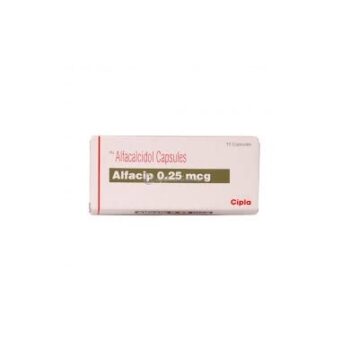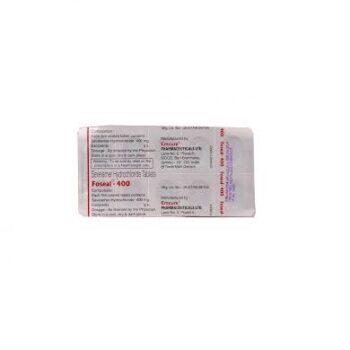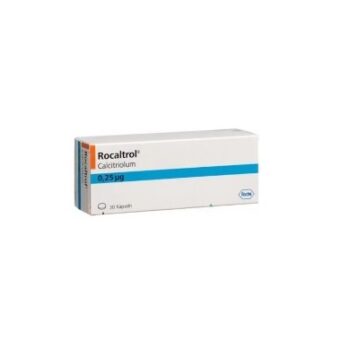Kidney Medicine
Showing all 3 results
Kidney medicine
For renal failure treatments, hospital admission is a must. Doctors send people who develop it to the hospital. It is due to current causes or existing medical conditions. The stay duration will depend on your condition’s severity. Doctors will consider the reason behind the failure of your kidney. Your doctor will check how fast your kidneys are recovering. He will decide when to discharge you. In a few cases, you may be able to get better at home.
Working mechanism of Kidney Medicine
These drugs widen your blood vessels. They aid your kidneys in getting rid of extra water. They reduce the levels of hormones raising blood pressure. Drugs lower blood pressure. They do it by widening the blood vessels.
Drugs to control blood potassium:
Potassium is a salt. It helps to regulate essential body functions. It can lead to many problems and severe muscle fatigue. Your kidneys may not be able to filter potassium from your blood. Your doctor may ask to restrict dietary potassium. He will prescribe you sodium polystyrene sulfonate. He may suggest taking glucose, insulin, or calcium. These will stop the potassium levels from rising in your blood.
Drugs to regulate calcium levels:
There may be a drop in your calcium levels. Your doctor may prescribe a calcium infusion. It will stop problems.
In a medical condition, one or both of your kidneys stop functioning. This refers to kidney failure. Some people may be experiencing a temporary kidney failure. It can occur all at once. In others, the condition may occur without any hurry. It will worsen over a long period.
Treatment of the cause:
You may have kidney failure because of an injury to your kidneys. It may be because of an illness that damaged your kidney. Then identify and treat the underlying cause. It will aid in managing kidney failure. Your options for treatment will depend on the condition’s cause and severity.
Treatments to balance fluid levels in your body:
Renal failure may be because of a lack of fluids in your blood. It will need intravenous fluids. An excess of fluids may be causing renal failure, which leads to fluid retention. It causes swelling of lower extremities like legs or ankles. If it happens, a doctor will recommend drugs known as diuretics. They aid in expelling excessive fluids. Ultrafiltration is a must for some people. It is for those who do not respond to diuretics.
Get rid of nephrotoxic drugs and substances:
Such removal or replacement is there for drugs. These are ACE inhibitors, ARBs, and NSAIDs by your doctor.
All about kidney disease
Most chronic kidney diseases occur because of diabetes. Hypertension is another cause. Another cause is recurrent kidney infections. Obstruction of the urinary tract can cause it. Autoimmune kidney diseases and severe dehydration can cause it. Doctors suggest systemic disease involving the liver or heart as a cause. The use of some drugs is among its causes.
People with kidney failure show symptoms. These are stomach upset and vomiting. Dry and itchy skin is the other symptom. Lowered urination and confusion happen in many. Some feel metallic food taste and have delusions. It can be a severe medical condition. Yet you can treat it if a patient gets medical help. But at the correct time. Suitable drugs are there to treat the cause of the disease and its effects. These and dialysis are its main treatments. A kidney transplant is the last resort for an ailing kidney. A person with this disorder will need follow-ups on a regular basis. Continuous monitoring from their doctor is vital.





